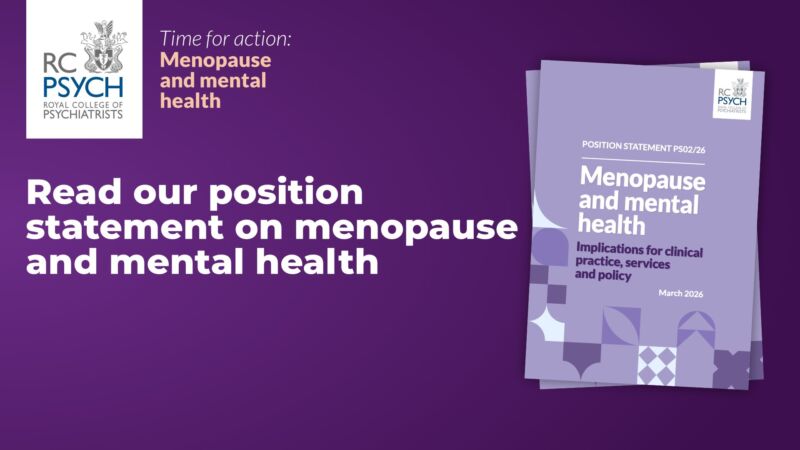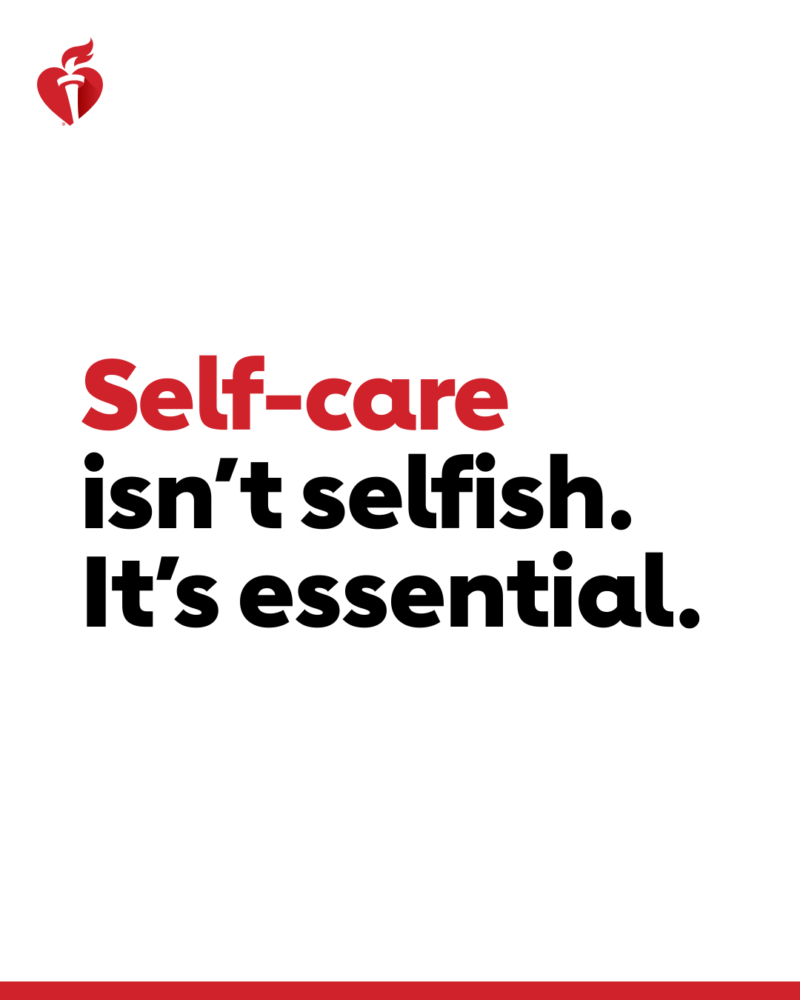“Women who are menopausal or post-menopausal may experience changes in their mouths. They may notice dry mouth, pain and burning sensations in the gum tissue…”.1
Umbrella
What may the Menopause Oral Health Umbrella include?
Depending on the Source (DotS) this Umbrella may include:
- Dental Care/Health/Hygiene
- Gum Problems
- Oral Care/Health/Hygiene
- Menopause Oral Care/Health/Hygiene
Definition
What is oral health?
DotS the definition of oral health may vary. In Oral Health the World Health Organization’s (WHO) definition is:
Diseases and Conditions
Is there an association between oral health and various diseases and conditions?
In Oral Health: A Window To Your Overall Health – What Conditions Can Be Linked To Oral Health? the (United States) Mayo Clinic elaborate on:
- Endocarditis…
- Cardiovascular Disease…
- Pregnancy and Birth Complications…
- Pneumonia
Certain conditions also might affect your oral health, including:
- Diabetes…
- HIV/AIDS…
- Alzheimer’s Disease…
Other conditions that might be linked to oral health include eating disorders, rheumatoid arthritis and an immune system condition that causes dry mouth called Sjogren’s syndrome”.3
Oral Diseases
What are risk factors for oral diseases?
In Oral Health: Key Facts according to the WHO:
- “Oral diseases are caused by a range of modifiable risk factors common to many noncommunicable diseases (NCDs), including sugar consumption, tobacco use, alcohol use and poor hygiene, and their underlying social and commercial determinants”.4
Menopause
During menopause, what oral changes can some women experience?
In Gum Disease and Women: Menopause and Post-Menopause the American Academy of Periodontology note:
 “Women who are menopausal or post-menopausal may experience changes in their mouths. They may notice dry mouth, pain and burning sensations in the gum tissue and altered taste, especially salty, peppery or sour”.5
“Women who are menopausal or post-menopausal may experience changes in their mouths. They may notice dry mouth, pain and burning sensations in the gum tissue and altered taste, especially salty, peppery or sour”.5 In Menopause and Oral Health: Clinical Implications and Preventive Strategies, published 17 October 2024, the author explains:
Postmenopause
Postmenopause, what oral changes can some women experience?
In Oral Manifestations In Menopause-A Scoping Review: Abstract – Conclusions, published 01 May 2025, the authors elaborate on:
Prevention
What is the drill about prevention?
The Mayo Clinic explain:
- Brush your teeth at least twice a day for two minutes each time. Use a brush with soft bristles and fluoride toothpaste. Brush your tongue too
- Clean between your teeth daily with floss, a water flosser or other products made for that purpose
- Eat a healthy diet and limit sugary food and drinks
- Replace your toothbrush every 3 to 4 months. Do it sooner if bristles are worn or flare out
- See a dentist at least once a year for checkups and cleanings. Your dentist may suggest visits or cleanings more often, depending on your situation. You might be sent to a gum specialist, called a periodontist, if your gums need more care
- Don’t use tobacco.
Contact your dentist right away if you notice any oral health problems. Taking care of your oral health protects your overall health”.8
In Menopause and Oral Health: Clinical Implications and Preventive Strategies, the author includes:
Dentist
What should we be sure to tell our dentist?
The Mayo Clinic note:
Health Topics A-Z
Where may I find Health Topics A-Z related to Menopause Oral Health?
In Health Topics A-Z you may find:
Links
Where may I find Links related to Menopause Oral Health?
Your Country may have Links similar to:
Links
This Links List to third party websites is neither comprehensive nor exhaustive. Inclusion on this Links List does not imply endorsement or recommendation. Non-inclusion on this Links List does not imply non-endorsement or non-recommendation. Third party websites are not under the control of Meno Martha International Menopause Directory. Third party websites may contain explicit medical images and/or sexual references. Please read Meno Martha International Menopause Directory’s Links Policy before proceeding to a Link. Please contact Webmaster if you experience a problem with a Link.New or Updated
- How To Remove Plaque From Your Teeth [12 February 2026]
- Flossing May Reduce Risk for Stroke and Irregular Heart Rhythm [30 January 2025]
- Oral Health [17 March 2025]
- Oral Manifestations In Menopause-A Scoping Review [01 May 2025]
- The Hidden Impact of Hormones on Women’s Gum Health and Overall Wellbeing [07 March 2025]
- World Oral Health Day [20 March 2026]

- World Oral Health Day: A Happy Mouth Is A Happy Mind [20 March 2025]
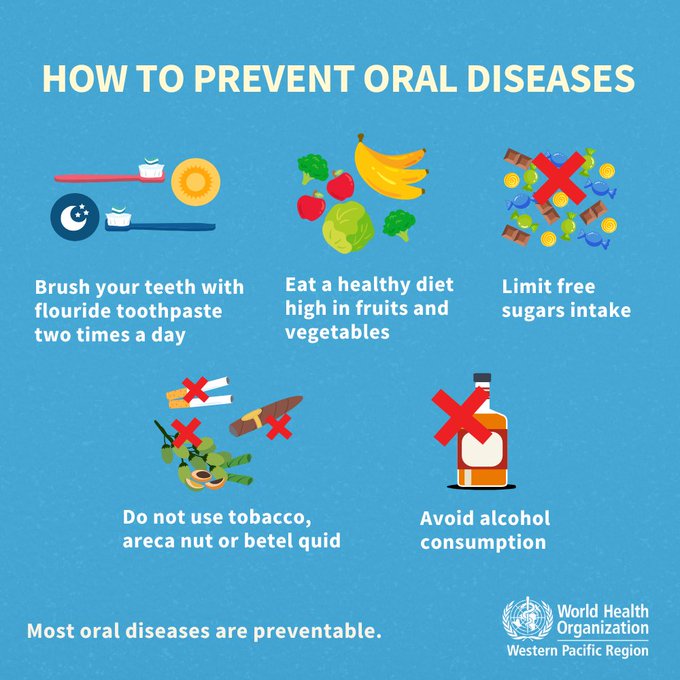
- A-Z Oral Health Information
- All the Ways Menopause Affects Your Oral Health
- Are Gum Disease and Heart Disease Connected?
- Are Teeth Whiteners Safe and Worth Trying?
- At-Home Dental Care: True or False?
- Bad Breath
- Bad Breath
- Bleeding Gums
- Bone Health
- Brush Up on Dental Care Basics
- Brushing Your Teeth: How To Brush Your Teeth [+ Video]
- Burning Mouth Syndrome
- Burning Mouth Syndrome
- Burning Mouth Syndrome
- Can Dry Mouth Be A Symptom of Menopause? — Ask Dr Jean
- Can Your Dentist Screen for Oral Cancer?
- Caring for My Teeth and Gums
- Cavities/Tooth Decay
- Changes In the Oral Cavity In Menopausal Women—A Narrative Review
- Common Causes for A Metallic Taste In Your Mouth
- Consumer Video and Podcast Series: 2023 Consumer Videos and Podcasts – Preparing for Your Menopause Health Care Visit
- Dental Check-Ups
- Dental Decay
- Dental Health
- Dental Health Topics From A-Z
- Dental Health – Multiply Languages
- Diabetes & Oral Health
- Dry Mouth
- Dry Mouth
- Dry Mouth
- Dry Mouth
- Dry Mouth Treatment: Tips for Controlling Dry Mouth
- Frequently Asked Oral Health Questions
- Gingivitis
- Gum Disease
- Gum Disease
- Gum Disease By the Numbers
- Gum Disease and Women
- Healthy Gums and Healthy Body
- How Do We Taste…and Why Does It Go Wrong?
- How Does the Menopause Affect Oral Health and the Quality of Life In Female Patients?
- How Oral Health May Affect Your Heart, Brain and Risk of Death
- How To Clean Your Toothbrush
- How To Deal With Dental Anxiety
- How To Get Rid of Thrush: 8 Remedies
- How To Keep Your Teeth Clean
- How To Properly Floss Your Teeth
- How To Properly Brush Your Teeth
- How To Remove Plaque From Your Teeth
- How To Talk To Your Doctor About Menopause
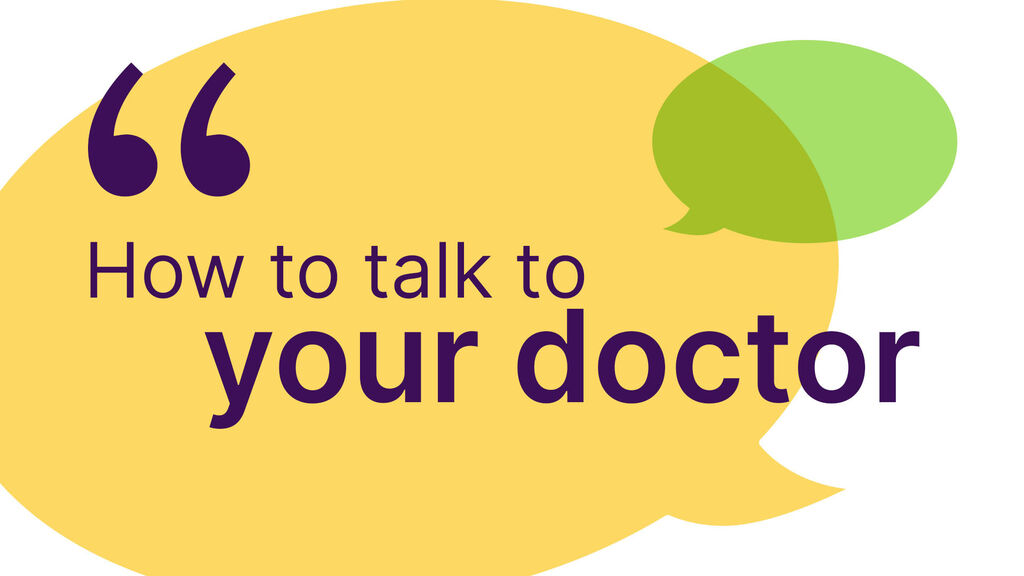
- How Your Oral Health Affects Your Overall Health
- Is It More Effective To Floss Teeth With A Water Pick or Standard Dental Floss?
- Menopause
- Menopause

- Menopause Can Affect Your Mouth — 6 Symptoms To Watch For
- Menopause Map: Downloadable Resources – My Personal Path Print Tools: Questions for Your Health Care Provider

- Menopause Map: Downloadable Resources – My Personal Path Print Tools: Symptom Tracker
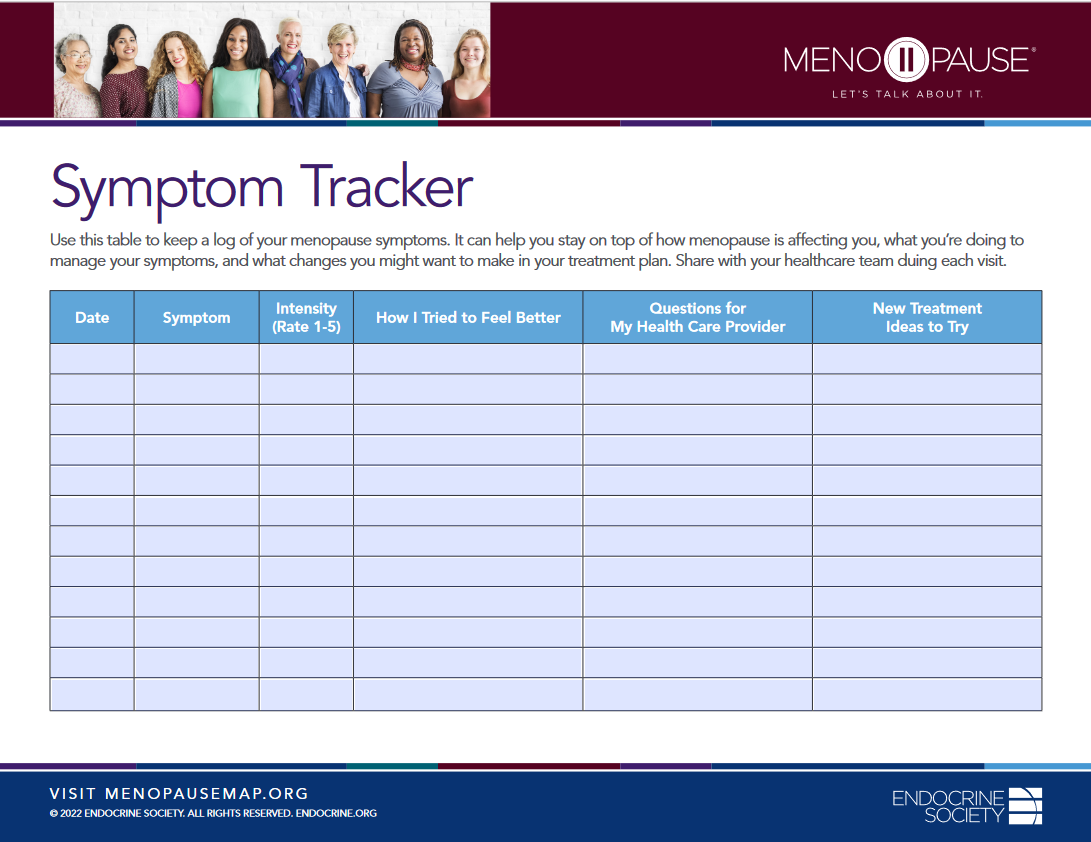
- Menopause and Oral Health: Clinical Implications and Preventive Strategies
- Menopause, Skin and Common Dermatoses. Part 4: Oral Disorders
- Mouth and Teeth: Mouth and Teeth [Topics]
- MouthHealthy.org [Mouth Health, American Dental Association]
- National Institute of Dental and Craniofacial Research [United States]: Health Info
- Navigating Menopause Care Resource Guide
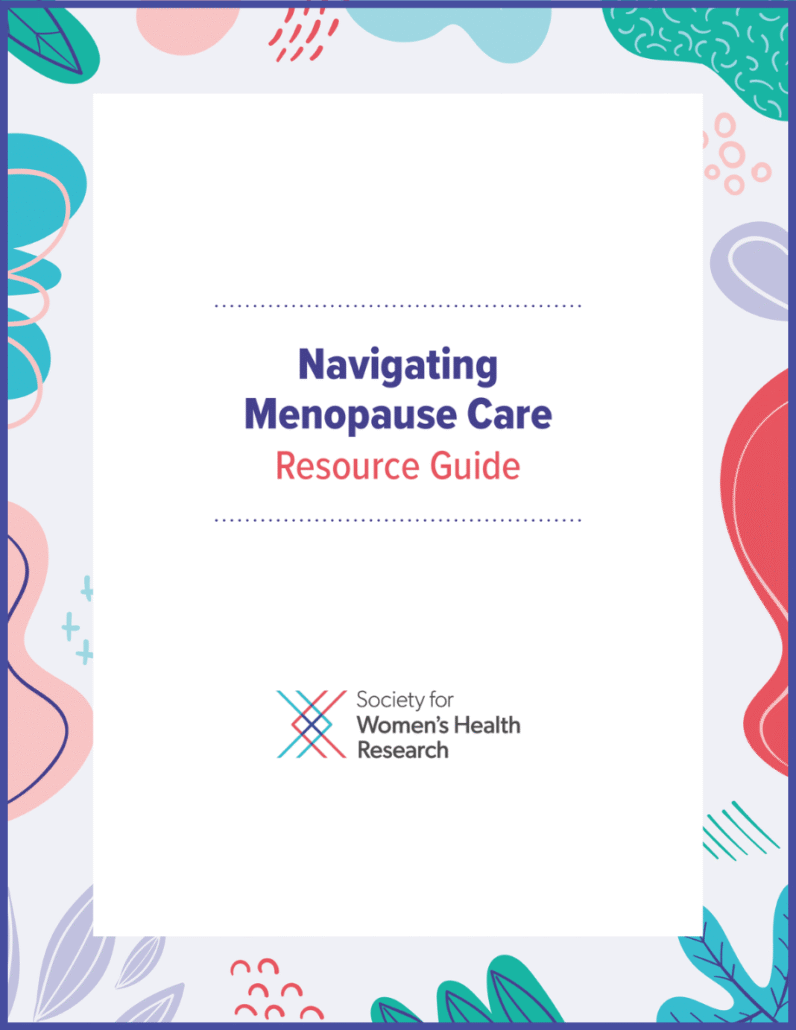
- Oral Health
- Oral Health
- Oral Health
- Oral Health Foundation [United Kingdom]
- Oral Health: A Window To Your Overall Health
- Oral Health: About Cavities (Tooth Decay)
- Oral Health: About Oral Health
- Oral Health: About Periodontal (Gum) Disease
- Oral Health: About Tooth Loss
- Oral Health: Oral Health Tips for Adults
- Oral Health: What If I Am Afraid To Go To the Dentist?
- Oral Manifestations In Menopause-A Scoping Review
- Safe Tooth Whitening
- Sensitive Teeth
- Sjogren’s Syndrome
- Sjögren’s Syndrome
- TMJ (Temporomandibular Joint and Muscle Disorders)
- Take Care of Your Teeth and Gums
- Taste Disorders
- The Hidden Impact of Hormones on Women’s Gum Health and Overall Wellbeing
- The Importance of Gum Health With Anne Clemons, DMD [Podcast]
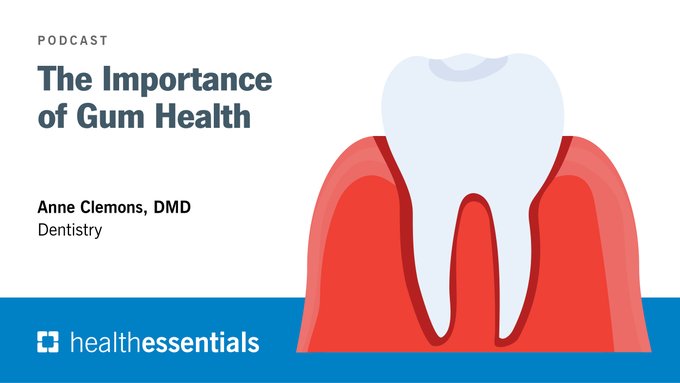
- The Link Between Dental Health and Mental Health: What You Need To Know
- Tooth Decay
- Tooth Disorders
- Translated Factsheets
- What Causes Sensitive Teeth, and How Can I Treat Them?
- What Do Your Hormones Have To Do With Your Oral Health?
- What Is the Difference Between Perimenopause, Menopause and Postmenopause?
- What Your Mouth Says About Your Health
- When and How Often Should You Brush Your Teeth?
- White Tongue
- Why Do I Have To Tell My Medical History To My Dentist?
- Why You Should Add A Water Flosser To Your Oral Health Routine
- World Oral Health Day [20 March 2025]

- World Oral Health Day [20 March 2026]

- Your Smile (and Mouth) Can Tell You More Than You Might Think
Sources
Where may I find the Sources quoted?
You may find the Sources quoted at:
Sources
- Gum Disease and Women: Menopause and Post-Menopause. American Academy of Periodontology https://www.perio.org/consumer/gum-disease-and-women Accessed: 06 September 2025
- Oral Health. World Health Organization https://www.who.int/health-topics/oral-health/#tab=tab_1O Accessed: 06 September 2025
- Oral Health: A Window To Your Overall Health – What Conditions May Be Linked To Oral Health? 14 March 2024. Mayo Clinic https://www.mayoclinic.org/healthy-lifestyle/adult-health/in-depth/dental/art-20047475 Accessed: 06 September 2025
- Oral Health: Key Facts. 17 March 2025. World Health Organization https://www.who.int/news-room/fact-sheets/detail/oral-health Accessed: 06 September 2025
- Gum Disease and Women: Menopause and Post-Menopause. American Academy of Periodontology https://www.perio.org/consumer/gum-disease-and-women Accessed: 06 September 2025
- Shrivastava, S. Menopause and Oral Health: Clinical Implications and Preventive Strategies. 17 October 2025. https://pubmed.ncbi.nlm.nih.gov/39610962/ Accessed: 06 September 2025
- Labunet, A., Objelean, A., Kui, A., et. al. Oral Manifestations In Menopause-A Scoping Review: Abstract – Conclusions. 01 May 2025. https://pubmed.ncbi.nlm.nih.gov/40428795/ Accessed: 06 September 2025
- Oral Health: A Window To Your Overall Health – How Can I Protect My Oral Health? 14 March 2024. Mayo Clinic https://www.mayoclinic.org/healthy-lifestyle/adult-health/in-depth/dental/art-20047475 Accessed: 06 September 2025
- Shrivastava, S. Menopause and Oral Health: Clinical Implications and Preventive Strategies. 17 October 2025. https://pubmed.ncbi.nlm.nih.gov/39610962/ Accessed: 06 September 2025
- Oral Health: A Window To Your Overall Health – How Can I Protect My Oral Health? 14 March 2024. Mayo Clinic https://www.mayoclinic.org/healthy-lifestyle/adult-health/in-depth/dental/art-20047475 Accessed: 06 September 2025





